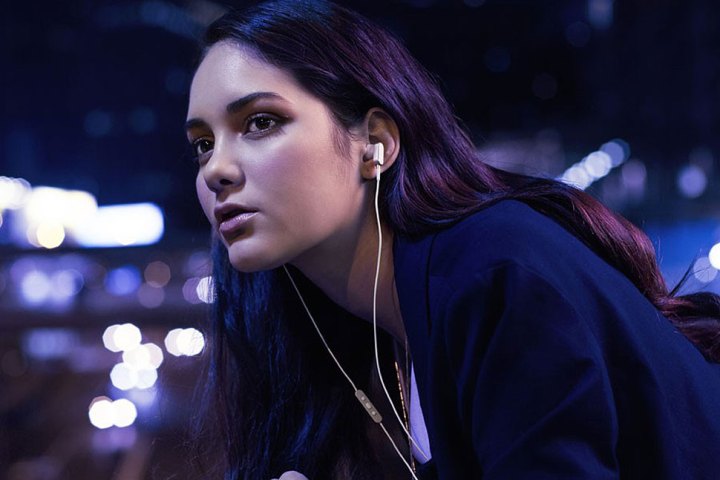
The biggest hope is that humans, with the help of a new drug, will be able to regrow sensory hair cells — something which animals like fish and birds already have the capability of doing.
Right now, the tiny human hairs which are responsible for human hearing don’t regenerate once they have been damaged, and over a third of seniors suffer from some form of hearing loss because of it. There is currently no way to recover that hearing separate from the purchase of a hearing aid.
The key to restoring hearing, according to Dr. Albert Edge, who works for Audion Therapeutics, is a “notch inhibitor” molecule, which Audion’s research has shown gives rise to new hair cells in lab cultures. Researchers hope that eventually a successful drug based on this molecule could be developed that would be applied to the middle ear via a foam or tube, and once-damaged hair would then naturally grow back, restoring lost hearing.
The idea for the potential treatment came from a report on the side effects of drug tests involving the same molecule in dementia treatment. “We thought, ‘These side effects in an Alzheimer’s patient are exactly what we’re looking for in treating deafness,” said Edge. “So we decided to try that idea out in these mice.”
So far, the results are promising; When the drug-regenerated hair cells were placed inside animals’ cochlea, the animals became better able to detect sound frequencies which correlated to their placement.
Complete development of the new drug could take years or even decades, but the research is promising. Who knows, maybe by the time the first iPod generation starts collecting Social Security, the world might be able to listen to ear-shattering music without fear.



